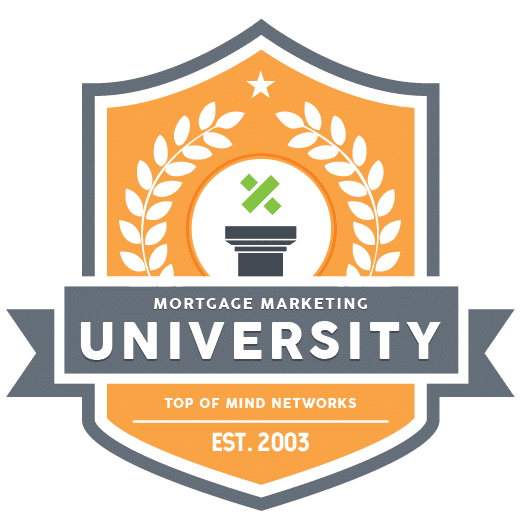While some community colleges offer certificate programs for mortgage loan originators, there are no four-year degree programs currently offered for loan origination.
Most loan officers with a bachelor’s degree studied accounting, finance or business administration.
Organizations like the American Bankers Association’s American Institute of Banking offer certification programs through approved training providers. In these programs, prospective loan officers learn about real estate, ethics and loan structuring.
The only required training for becoming a loan officer is 20 hours of approved pre-licensure courses followed by passing the NMLS Mortgage License Examination.
The bulk of training that loan officers receive will come post-licensure in the form of on-the-job training from the bank, mortgage company or credit union that they work with. This training varies from company to company, and often focuses on the different types of software used to manage prospective home buyers, organize client information and documents, underwrite loans and ensure compliance with federal and state lender regulations.
After completing the process of acquiring your state licensure and finding a job, there is a high probability that you will be assigned to work with a more seasoned loan officer for your first year.
During this time, 50 percent of your day will be spent growing your sales pipeline and the other 50 percent will be devoted to learning regulations and guidelines so that you know how to quickly and effectively guide your borrowers through the loan approval process.
As previously mentioned, you are required to pass the National NMLS Mortgage License Exam. But there are a few other federal and state requirements that will vary depending on where you work.
First and foremost, you must be at least 18 years old to register with the Nationwide Mortgage Licensing System and Registry (NMLS), which requires a background check. You’ll be able to take the exam once you’ve provided proof of your 20 hours of education. Upon passing the exam you’ll have the necessary qualifications to become a loan officer.
But it doesn’t stop there. The SAFE Act mandates that state-licensed mortgage loan originators complete eight hours of continuing education annually which must include: three hours of federal law and regulations and two hours of ethics, including instruction on fraud, consumer protection and fair lending.
The answer is yes, you can make a lot of money as a loan officer. But, like all career paths, you have to put your nose to the grindstone.
Loan officers are paid either “on the front” and/or “on the back.”
If a loan officer makes money on the front, it means they get paid for fees associated with processing a mortgage, often categorized as settlement costs or processing fees.
Getting paid “on the back” means that the bank filing for the loan gives money to the originator as commission.
You may notice that regardless of how you are paid as a loan officer, both require that you are closing loans correctly and efficiently.
If you can balance a growing network of partners while properly vetting and educating your customers, a career as a loan officer can be quite lucrative. So how much money does a loan officer make? The answer, more so than in many other jobs, is that your income is up to you!



